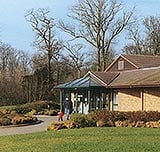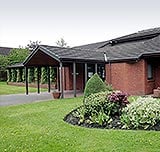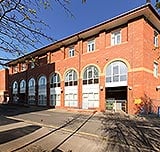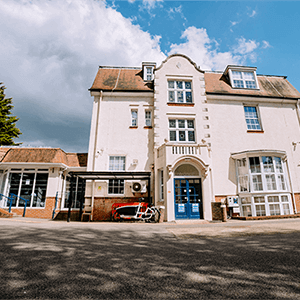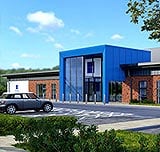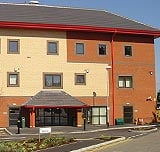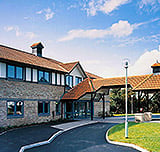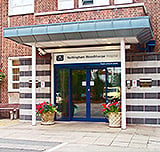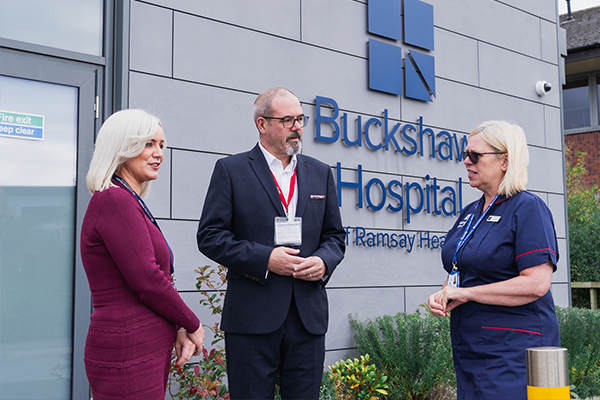The recovery process after sciatica treatment will depend on your health and your exact treatment.
For example, you may have physiotherapy to help reduce your sciatica pain. You will not have any recovery following physiotherapy exercises.
If you have an epidural steroid injection to relieve your pain, you will usually be able to go home soon afterwards. You should rest at home for around 24 hours and arrange for someone to drive you home. It may take a few days to feel the effects of your injection. You should try to keep as active as you can.
You may require lumbar decompression surgery to treat your compressed sciatica nerve. This will involve staying in the hospital for up to four days after your surgery. You should be able to walk within a day but avoid more strenuous activities for six weeks. You can expect to return to work after four to six weeks unless your job involves heavy lifting or long periods of driving, when you may need more time off.



